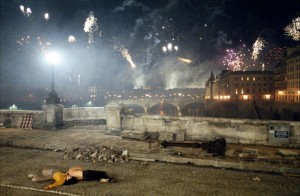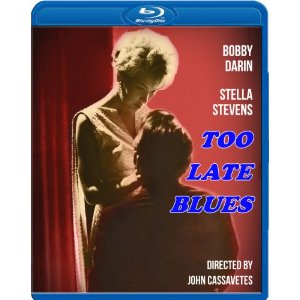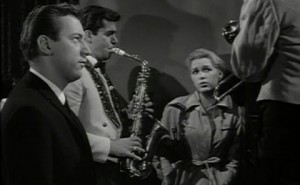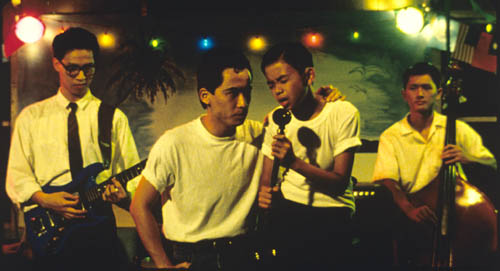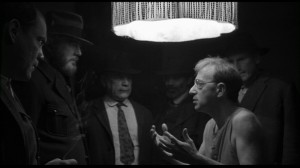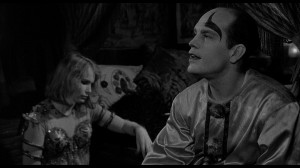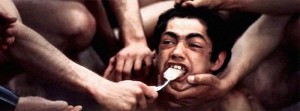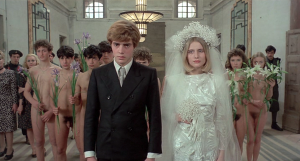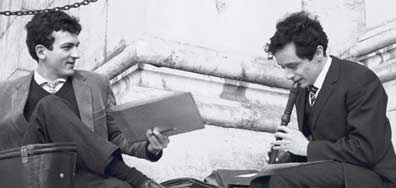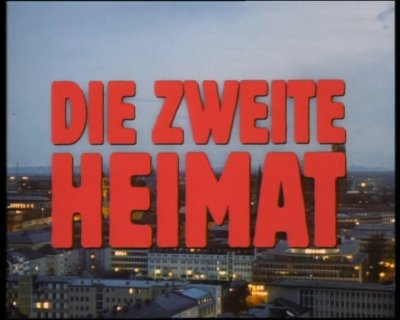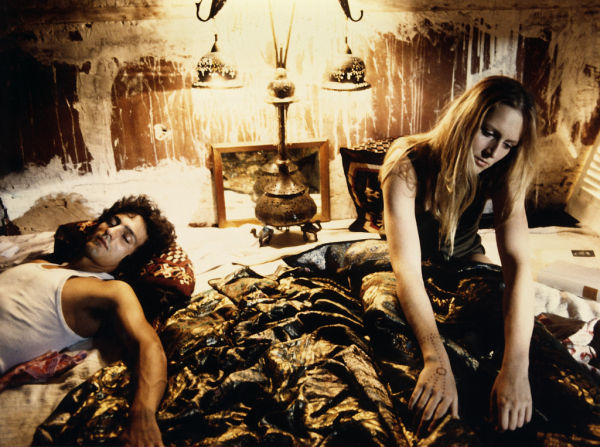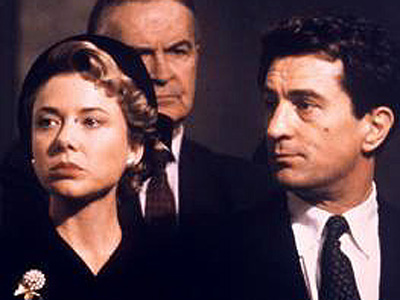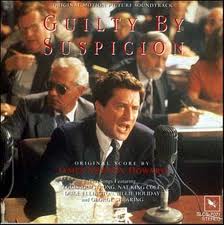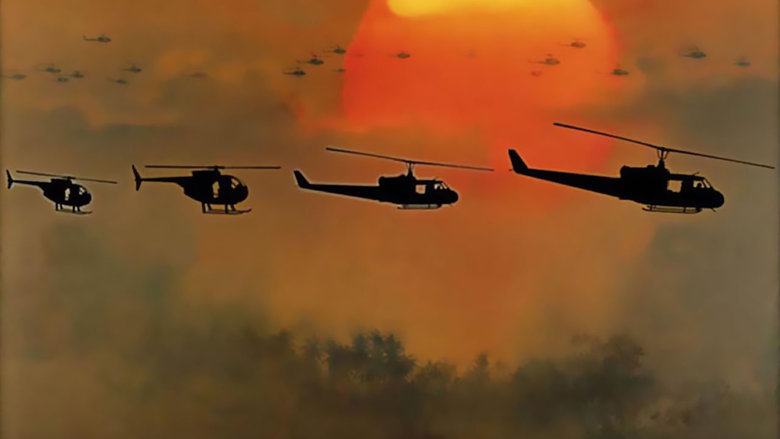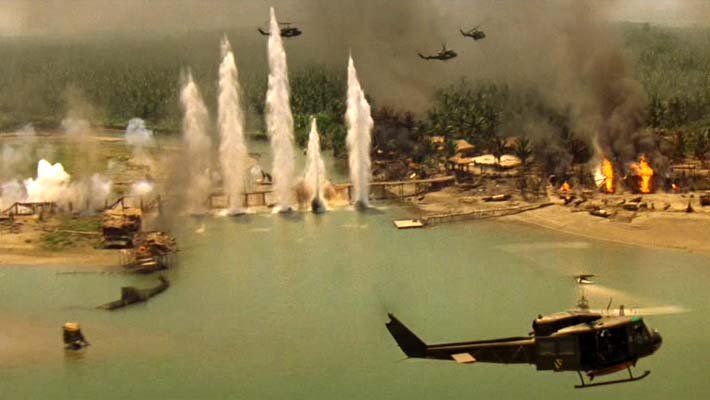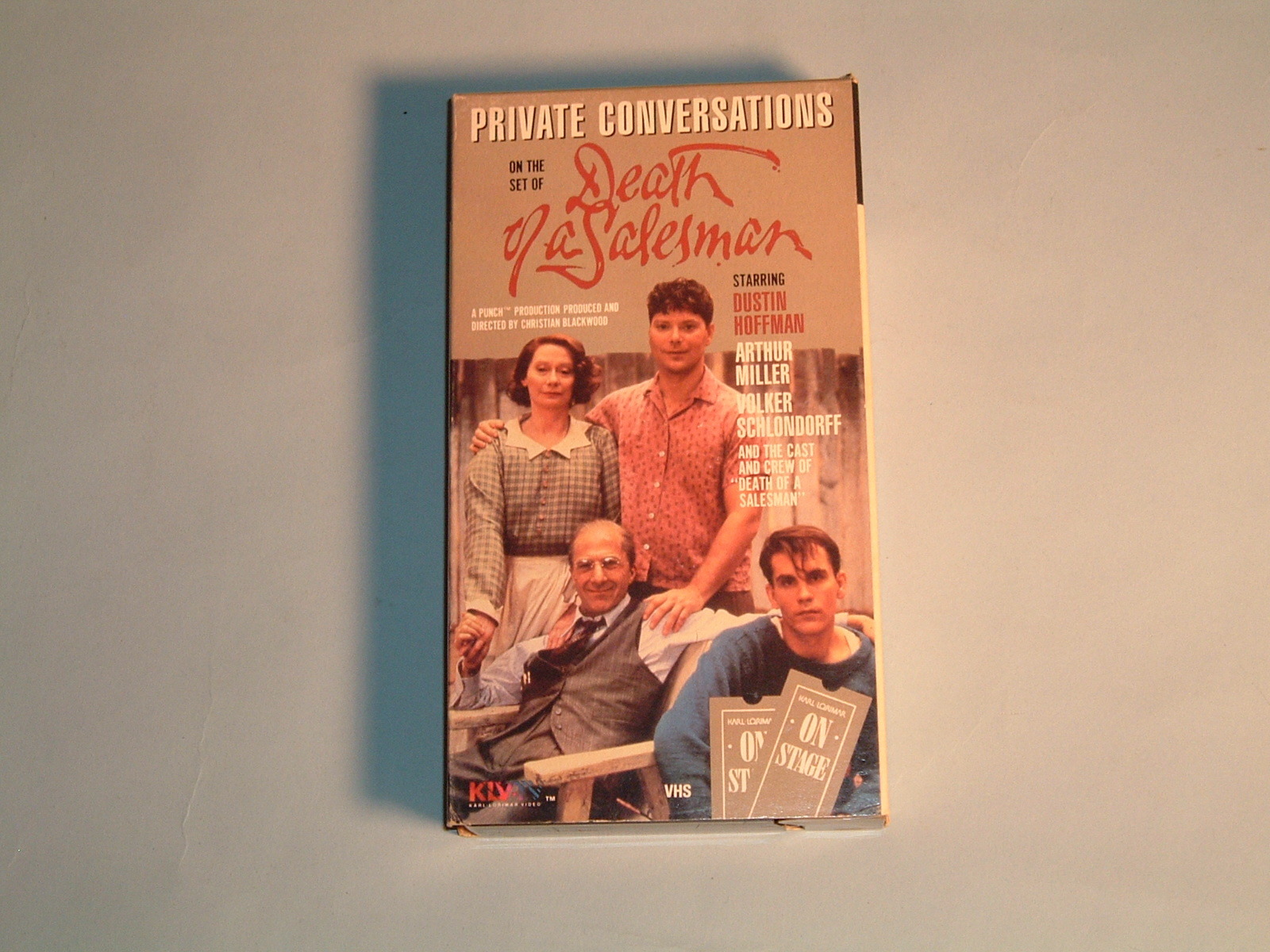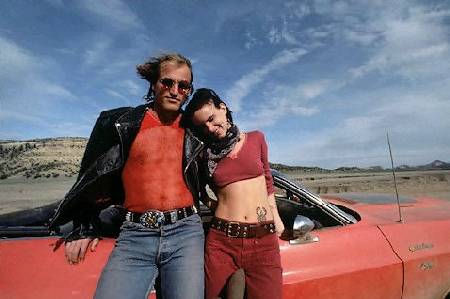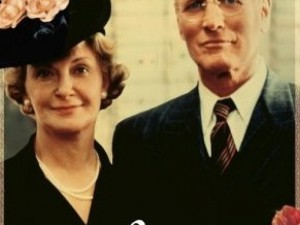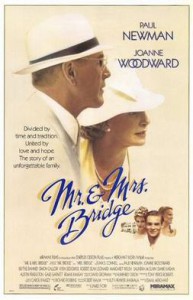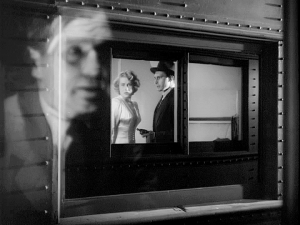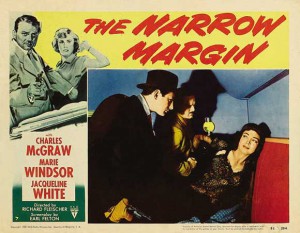From the Chicago Reader (December 8, 1995). — J.R.
I Am Cuba
*** (A must-see)
Directed by Mikhail Kalatozov
Written by Yevgeny Yevtushenko and Enrique Pineda Barnet
With Luz Maria Collazo, Jose Gallardo, Sergio Corrieri, Maria Gonzalez Broche, Raul Garcia, and Jean Bouise.
Undeniably monstrous and breathtakingly beautiful, ridiculous and awe inspiring, I Am Cuba confounds so many usual yardsticks of judgment that any kind of star rating becomes inadequate. A delirious, lyrical, epic piece of communist propaganda from 1964 — at least three years in the making and 141 minutes long–it is simply too campy and too grotesque to qualify as a “masterpiece,” but I’d probably care less about it if it were one. A “must-see” may come closer to the mark, but it certainly isn’t a must-see for everybody. This movie has been rattling around in my head since I first encountered it 16 months ago, yet I can’t say it won’t enrage some people and bore others. Worth seeing? Has redeeming facet? Worthless? It fits all and none of these categories. To put it simply, the world doesn’t make allowances for a freak of this kind.
A Russian-Cuban production, it reportedly was hated in Russia and Cuba alike in the mid-60s, at least among government officials; in Cuba it was commonly known as I Am Not Cuba. Read more



